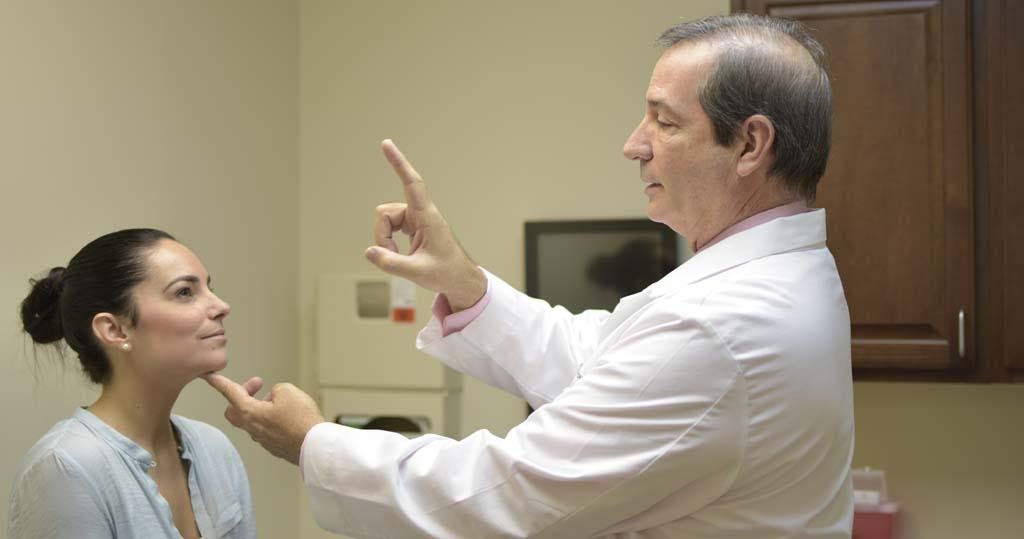
A Neurologist is an M.D. who has completed residency training in neurology, the study of the brain and nerves. His or her job as a medical expert witness is to consult with an attorney in cases such as:
- Traumatic brain injury (TBI)
- Concussion
- Epilepsy
- Stroke
- Dementia
The neurologist expert witness must determine the diagnosis and prognosis to a reasonable degree of medical probability. He or she strives to determine what happened to a plaintiff (causation) and how that problem may or may not alter the plaintiff’s life (damages).

A Psychiatrist is an M.D. who completed residency training in psychiatry, the study of mental illness. A psychiatrist expert witness consults in cases such as:
- PTSD
- Depression
- Anxiety
- Psychosis
A Neuropsychiatrist is an M.D. who has completed residency training in neurology or psychiatry or both, and has additional subspecialty training that integrates knowledge of brain and behavior. Caution! The majority of MDs who call themselves neuropsychiatrists are not. They are psychiatrists who usurp the prefix “neuro” to embellish their credentials. There are three legitimate pathways to a career in neuropsychiatry:
Path #1. Complete residencies in BOTH neurology and psychiatry
Path #2. Complete a residency in neurology OR psychiatry, plus a two year fellowship in neuropsychiatry
Path #3. The best qualified neuropsychiatrists are those who, in addition to following pathways 1 or 2, go on to fulfill the practice and testing requirements of the United Council for Neurologic Subspecialties (UNCNS) in Behavioral Neurology and Neuropsychiatry.
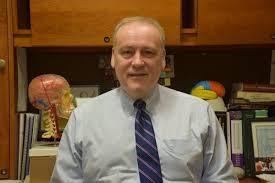
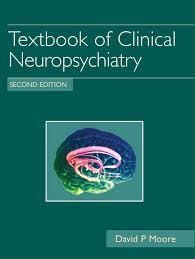
A neuropsychiatrist consults regarding disorders such as:
- Traumatic brain injury
- PTSD, especially when combined with mild traumatic brain injury (mTBI)
- Depression due to stroke, brain injury, or epilepsy
- Anxiety due to stroke, brain injury, or epilepsy
- Psychosis due to stroke, brain injury, or epilepsy
- Neurobehavioral change due to neurological or psychiatric disorders (for instance, stroke, post-concussive disorder, multi-infarct dementia, or “Chronic traumatic encephalopathy (CTE)”)
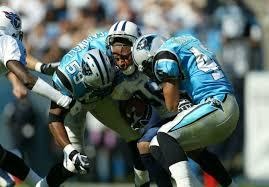
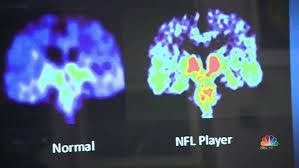
A neuropsychiatrist has some advantages over other TBI experts. Advanced transdisciplinary training allows him or her to synthesize the results from the:
- neurological examination
- psychiatric examination
- neuropsychological testing
- blood tests
- neuroimaging
- electroencephalography
and other special tests to make a diagnosis, rule out malingering, and predict the long-term effects on the plaintiff’s life.
Dr. Victoroff completed both a neurology and a psychiatry residency at Harvard, as well as a two year neurobehavior fellowship at UCLA, and is also certified by the UCNS.
Who is a Traumatic Brain Injury Expert Witness?
By virtue of knowledge and sometimes by fiat of law, the traumatic brain injury expert witness is a physician. He or she will be your team leader. He or she must be the embodiment of the truth in the eyes of the triers of fact, the general who marshals the troops to provide a coordinated, coherent, and compelling narrative. You must somehow find a capable and honest expert.
How? Physicians from five disciplines can theoretically be qualified traumatic brain injury expert witnesses.
1. Some Neurologists can testify, chiefly those trained in the post-NFL era after which it became obvious that sub-concussions can cause permanent brain damage, and especially the small subgroup of neurologists who actually direct traumatic brain injury clinics.
2. Some Neuropsychiatrists can testify, chiefly those who are qualified by the United Council for Neurologic Subspecialties (UCNS) in Behavioral Neurology and Neuropsychiatry.
3. Some Physiatrists (physical medicine and rehabilitation doctors) can testify, chiefly those whose rehabilitation role is focused on traumatic brain injury.
4. Some Neurosurgeons can testify, chiefly on cases that required intervention, such as placement of a pressure monitor or evacuation of a hematoma. Neurosurgeons rarely care for cases of concussion/mild traumatic brain injury, although a few have published on this subject.
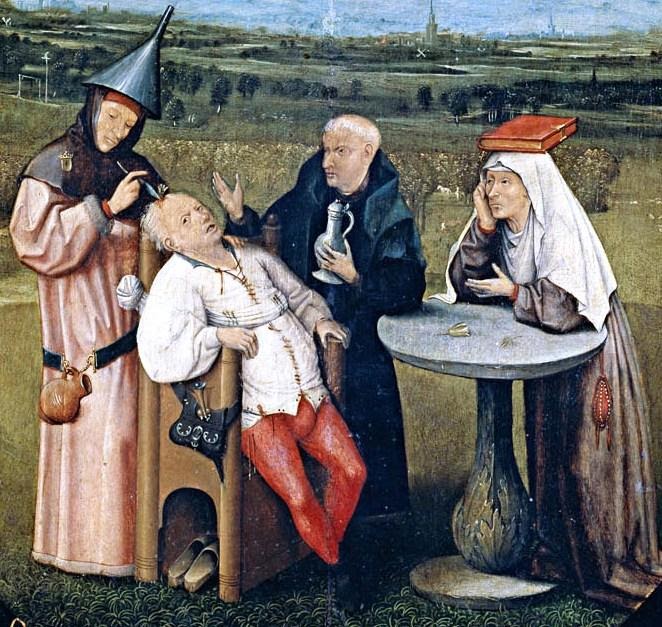
5. Some Brain Injury Medicine specialists can testify. Since 2014, the American Board of Physical Medicine and Rehabilitation (ABPMR) and American Board of Psychiatry and Neurology (ABPN) have offered certification in Brain Injury Medicine (BIM). Certification in this new discipline requires:
- certification as a diplomate of the ABPMR or
- subspecialty certification in sports medicine, plus (c) completion of a fellowship in BIM.
Two other factors are critical in selecting your expert. The first is having a track record of publications. Peer-reviewed writings not only establish the credibility of the author but the validity of the science upon which she or he relies.
The second is attitude. Jurors doubt the impartiality of experts. The plaintiff’s expert who exaggerates the damages may be punished when jurors hear otherwise from more reasonable-sounding witnesses. The defense expert who seems unsympathetic to the plaintiff may be punished for his or her apparent indifference to suffering. Pick the expert with gravitas.
Where are these experts? Experienced attorneys gradually compile a list of good experts, and this word-of-mouth wisdom is invaluable. Expert witness compilations on websites such as
- Juris Pro (search brain injury),
- AMFS (search neurology expert witness), or
- ExpertPages (search traumatic brain injury)
can also be helpful, although the profiles are self-composed and require careful scrutiny. It is worth the effort to find an experienced, credible expert who is able to present the truth.